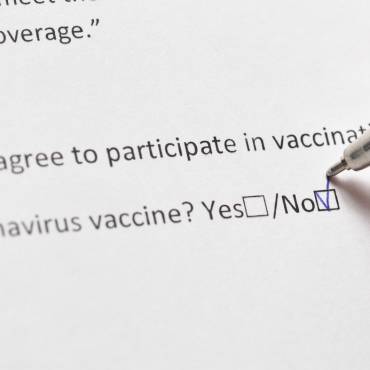Abstract
OBJECTIVES:
Rotavirus (RV)-induced diarrhea poses a major health problem, particularly to infants. An effective measure to prevent RV infection is to consume breast milk with higher levels of protective IgA. We therefore examined whether Lactobacillus gasseri SBT2055 (LG2055) could augment immunoglobulin (Ig) A levels and reduce the incidence of diarrhea in a mouse model of RV infection.
METHODS:
Female BALB/c mouse dams were fed a diet containing 0.1% heat-treated LG2055 or a control, beginning 4 weeks before mating with male mice and continuing until the experiment ended. One week after mating, female dams were immunized orally with simian RV SA-11. Five days after birth, mouse pups were infected orally with RV and the incidence of diarrhea was determined 4 days later. RV-specific and total IgA were quantified by an enzyme-linked immunosorbent assay.
RESULTS:
LG2055-fed dams immunized with RV (LG2055/RV) secreted breast milk that significantly lowered the incidence of RV-induced diarrhea in their pups as compared with dams immunized with RV alone (C/RV). The LG2055/RV dams also produced a significantly greater amount of RV-specific IgA in breast milk obtained from the pups’ stomach, but not in feces or Peyer’s patch cell cultures. In addition, LG2055 stimulated total IgA production in splenocyte cultures from Toll-like receptor (TLR)-4-knockout mice, but not those from TLR-2-knockouts.
CONCLUSIONS:
LG2055-fed dams reduced RV infection in their pups and elevated RV-specific IgA levels in breast milk of stomach origin, the possible mechanism of which may be TLR-2 stimulation by LG2055.
Source: J Pediatr Gastroenterol Nutr. 2012 Jul;55(1):66-71.

